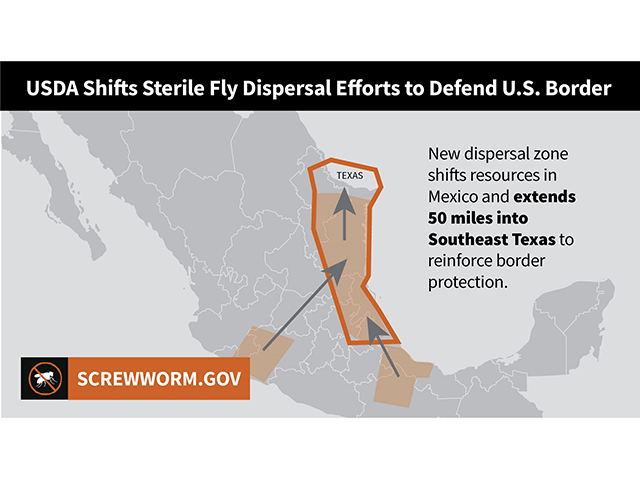Poll:Tough Immigration Plans Not a Must
WASHINGTON (AP) -- Retired postal clerk Jerry Wilson likes what he hears from GOP presidential hopefuls about overturning President Barack Obama's executive order easing deportation policies against people in the U.S. illegally.
But he'll choose a Republican presidential nominee based on other issues — keeping American companies from moving overseas, for one. Keeping would-be attackers out of the country, for another.
"America comes first when you're the president of the United States," the Batavia, Ohio, resident, 67, said. "You do everything you can to keep America safe. What about migrants, people who are already here illegally? That's not a do-or-die issue to me."
For all of the ferocity and double-speak on immigration reform at the GOP debate, most Republicans like Wilson say the issue isn't a decisive factor in their vote for president, according to a new AP-GfK poll. Even among conservative Republicans, more than half — 56 percent — say they either prefer a candidate who would keep Obama's immigration action in place or that they can imagine voting for a Republican presidential hopeful who would.
The survey shows that Obama's immigration actions last year, which allowed some immigrants to apply for temporary legal status, are a particular sticking point for Republicans. Seventy-three percent of them say they prefer to support the candidate who would undo those steps taken by this president, who is deeply unpopular within their party.
P[L1] D[0x0] M[300x250] OOP[F] ADUNIT[] T[]
More broadly, more Americans — regardless of their political affiliation — favor than oppose a pathway to citizenship for immigrants who are in the United States illegally, the poll shows. Even among Republicans — 4 in 10 of whom oppose making citizenship an option for people in the country illegally — it doesn't seem to be a make-or-break issue in their choice for president. Four in 10 conservative Republicans and 3 in 10 tea party Republicans favor a path to citizenship for immigrants already in the country illegally.
Notably, the results from the Dec. 3 through Dec. 7 survey are unchanged since the questions were last asked in April — even after months of strong rhetoric by Republican presidential candidates, including front-runner Donald Trump, who proposes deporting the 11.5 million people in the country illegally.
The survey results are powerful data points for the GOP candidates with little more than six weeks to go before the first votes are cast in Iowa. Republican Sens. Marco Rubio and Ted Cruz, both children of Cuban immigrants, are locked in an extraordinary battle for second place in the nomination fight, in large part over their positions on immigration. Rubio's rivals had used his 2013 comprehensive immigration reform bill to cast him as a supporter of a path to citizenship for those here illegally. He hasn't backed off that idea but has abandoned the notion of comprehensive reform on the complex issue and emphasizes border security first.
Cruz, meanwhile, is casting himself as an opponent to "legalization." He proposed amendments to Rubio's bill that would have massively increased legal immigration — but mostly, he says, to try to kill Rubio's legislation.
While illegal immigration may not be a deal-breaker for Republicans on a national scale, few issues are more hotly contested on the ground in early voting states like Iowa and New Hampshire.
Some GOP conservatives often lash out at allowing people to stay in the U.S. illegally, producing an environment where Republican candidates like Rubio and Bush have been forced to distance themselves from their own more forgiving policies in the past.
But the poll shows immigration may not be the most pressing issue on Americans' minds once voting begins in the GOP primary contest.
"No candidate fits everybody's view," said Terry Arnell of Tower Lakes, Ill., a retired insurance company manager who right now likes Trump. So, what will be Arnell's priorities come election day?
"Gun rights. Securing our borders and certainly, securing as much as we can within our borders," Arnell, 63, said. "I think it's very important that we secure our borders now. Then, we can worry about the other illegals here."
The AP-GfK Poll of 1,007 adults was conducted online Dec. 3-7, using a sample drawn from GfK's probability-based KnowledgePanel, which is designed to be representative of the U.S. population. The margin of sampling error for all respondents is plus or minus 3.4 percentage points.
(KA)



